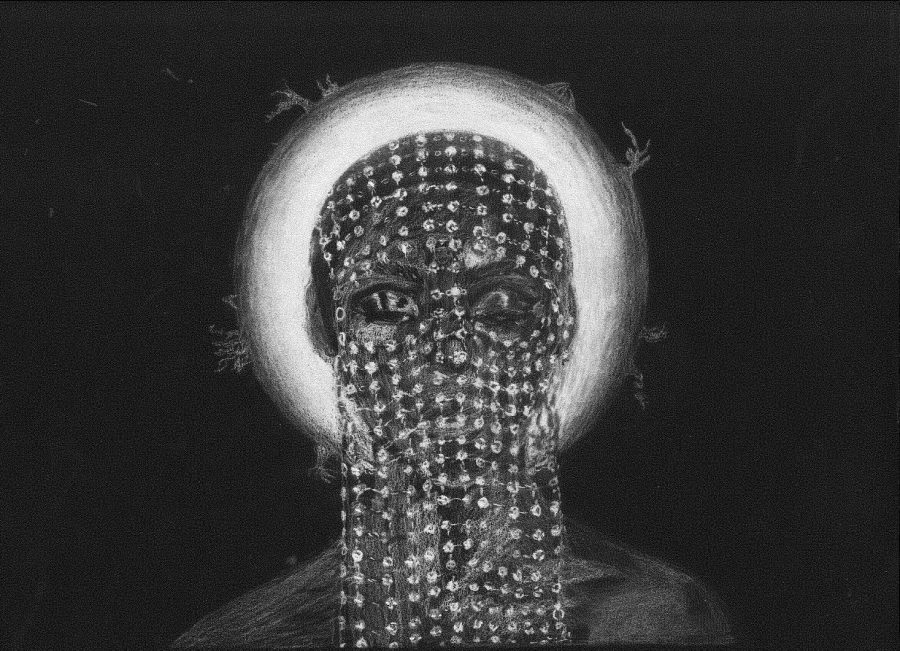Janelle Monae’s “True Self”
May 30, 2018
Falcon Rating: 3.5/4
After a five year hiatus, the innovative artist Janelle Monae released a new album on April 27th. Dirty Computer is a departure from Monae’s previous albums, which are all heavily influenced by science fiction. Metropolis, The Archandroid and The Electric Lady were all concept albums from the perspective of Monae’s futuristic android alter-ego Cindi Mayweather, but Dirty Computer is about Monae as her true self. Stylistically, the album is also quite different from earlier works; it’s less alternative and more pop, R&B, and soul-oriented.
The quality of the album is extremely high, with stand-out tracks throughout. It kicks off with the title track, an excellent introduction to the themes of the album over a floaty, electronic instrumentation. In this song, as well as others like “Take A Byte” (one of my favorite tracks), the science fiction influences of Monae’s earlier projects are expertly combined with subject matter more grounded in the world of today.
One theme commonly visited on the album is sex, as seen in the tracks “Screwed” and “Pynk.” In these songs and others, Monae touches on her own sexuality, which often defies mainstream labels. On the funky “Make Me Feel,” a track heavily inspired by her late mentor, Prince, Monae addresses the complexities of her identity: “It’s like I’m powerful with a little bit of tender / An emotional, sexual bender.” Monae also lets her hair down on the fun, bouncy “I Got the Juice,” with a guest verse from Pharrell Williams, who collaborated on the album’s production.
Dirty Computer’s climax is on the songs “I Like That” and “Don’t Judge Me,” when the album’s central themes of individuality and being an outsider are examined. While on a surface level Monae is singing about specific people, it seems as though she is alluding to American society’s judgement of her refusal to conform.
Janelle Monae is able to make political statements in Dirty Computer while preserving its pop appeal, sometimes through making subtle hints and other times boldly expressing herself. The latter is exemplified on the feminist anthem “Django Jane,” which also provides an opportunity to show off her rapping chops, with lines like “Mansplaining, I fold ‘em like origami/What’s a wave, baby? This a tsunami.”
Other than this track, though, Monae usually opts for subtlety when it comes to social commentary. An example of this is the song “I Like That,” when she is addressing a listener who may be representing American society as a whole. While subtlety can be powerful, it sometimes feels as though Monae is holding back a bit from making more overt statements in order to keep her album marketable.
Overall, Dirty Computer is a tremendous album and certainly one of the best of the year. However, when put in the context of Janelle Monae’s entire body of work, one may feel just a little disappointed that she eschews some of her most adventurous inclinations as an artist for a more mainstream pop sound. Still, it is hard to criticize such an excellent and original work of art—Janelle Monae is truly on another level.
This piece also appears in our May print edition.










